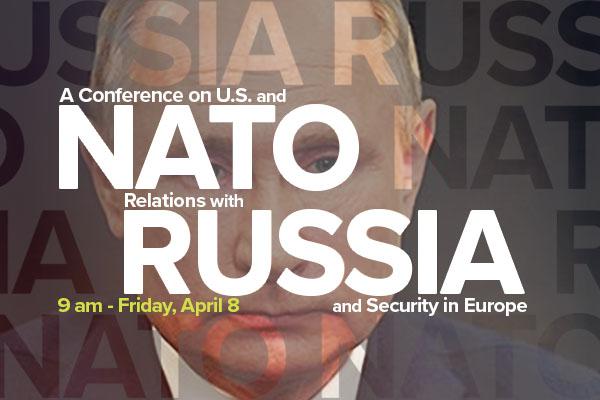
Conference Overview
The conflict around Ukraine has brought to a head debate about how to deal with Russia, what role NATO should play, and how to manage interstate relations. It has also drawn attention to the diverse interests and perspective that are now evident in NATO -- which has expended from 12 to 30 countries -- and the threats to liberal values from abroad and within.
Unsurprisingly, as tensions have mounted so have the stereotypical portrayals and self-serving explanations that are common in the heavily contested information environment. As governments work to mobilize support, it becomes more difficult for citizens to find dispassionate and well-informed perspectives.
The Mershon Center for International Security Studies at the Ohio State University hopes to provide some of those in a series of talks (March 2 and 24), convening in this conference, featuring distinguished scholars from across the United States and Europe.
